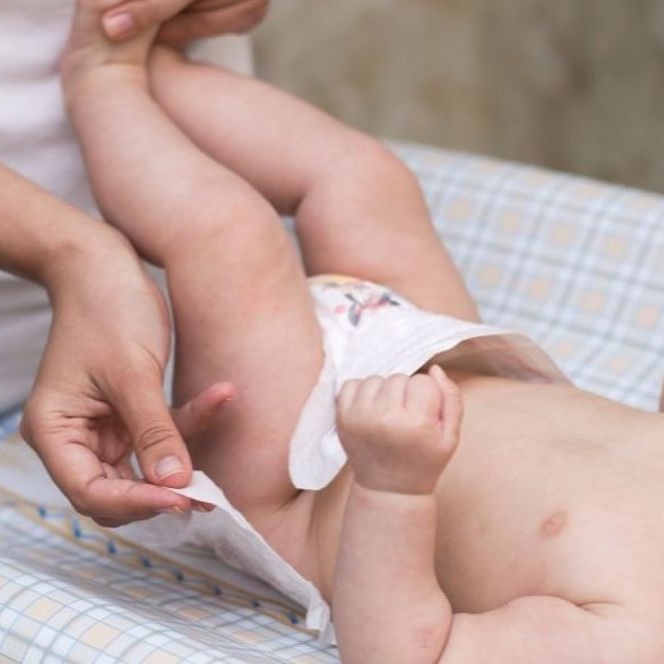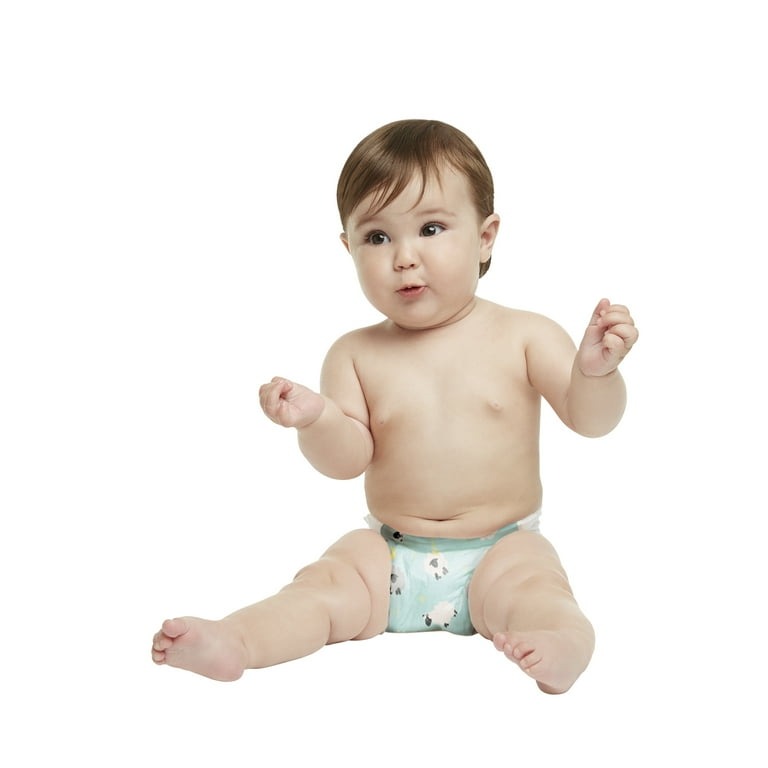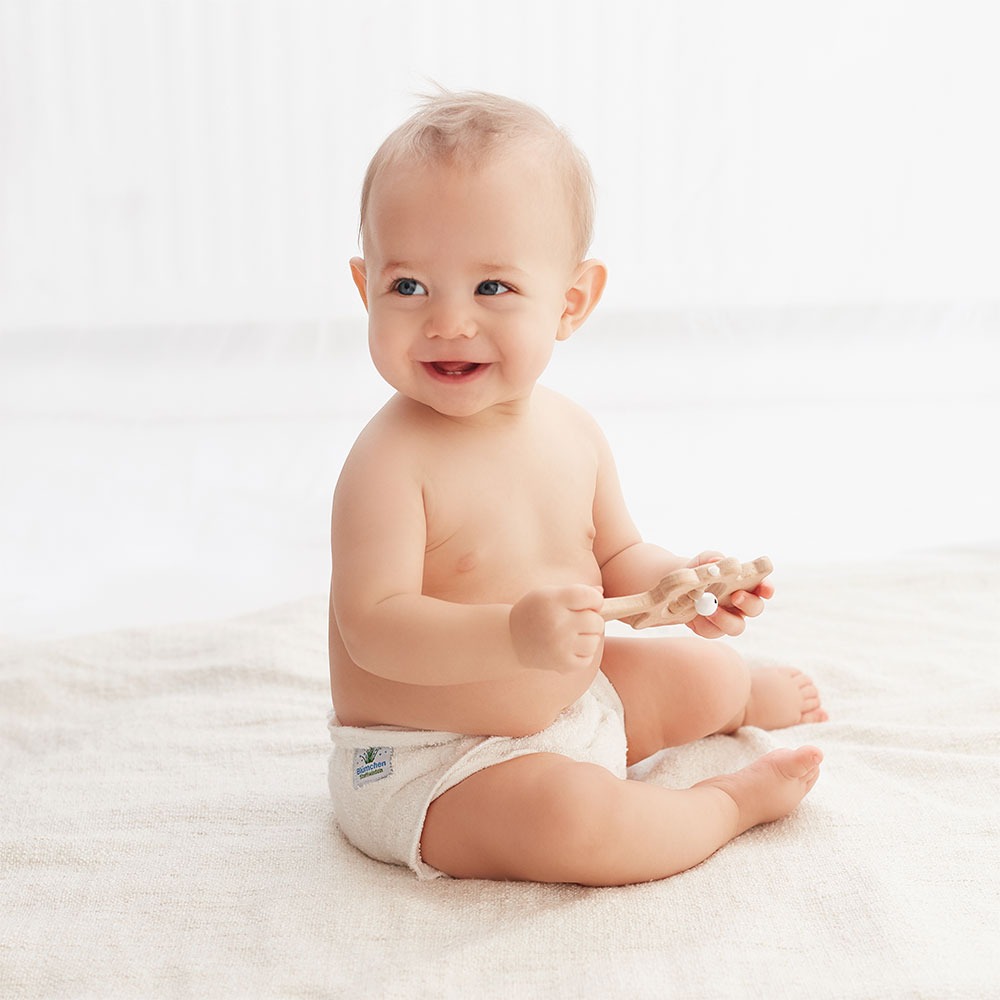Physical Address
304 North Cardinal St.
Dorchester Center, MA 02124
Physical Address
304 North Cardinal St.
Dorchester Center, MA 02124

When it comes to baby essentials, diapers are a top priority. It’s common to stock up, but ‘how long do diapers last?’ is a key question. Generally, diapers do not have a strict expiration date. However, for optimal performance and comfort, paying attention to their shelf life is important. Over time, the components that make diapers absorbent may degrade. These quality changes can affect diaper performance. Manufacturers often suggest using their products within 2 to 3 years after production. Although diapers can last longer, parents should be cautious. Always check the packaging for recommendations or use-by dates. Using old diapers may lead to leaks or discomfort for your baby. To ensure the safety and comfort of your little one, understanding diaper shelf life is vital.
Several factors can affect how long diapers last. The materials used in manufacturing play a critical role. High-quality, non-biodegradable materials tend to have a longer shelf life. Environmental conditions, such as humidity and temperature, also impact durability. Diapers stored in a damp or hot space may degrade faster. Exposure to sunlight can cause the materials to break down. The packaging integrity matters too. Torn or damaged packaging can expose diapers to air and contaminants, speeding up deterioration. Consumers should look for secure, airtight packaging when buying in bulk. Finally, manufacturing changes or improvements can alter diaper longevity. Brands may adjust their formulas, impacting the shelf life of newer versus older products. Buyers should stay informed about any changes to their preferred brands.

Recognizing the signs of an expired diaper can prevent discomfort and potential issues for your baby. Here are some signs to look out for:
These indicators help determine if a diaper is past its best use. If you notice any of these signs, consider discarding the diaper to ensure your baby stays comfortable and protected.

Ensuring the safe use of diapers is as important as monitoring their longevity. Below are some best practices to consider for using diapers safely on your baby:
By incorporating these practices into your routine, you ensure that ‘how long do diapers last’ doesn’t compromise the safety and comfort of your baby. A vigilant approach to diaper use is key to maintaining your baby’s happiness and health.
To maximize diaper usage and make sure each diaper lasts as long as possible, follow these steps:
By following these tips, you can not only extend ‘how long do diapers last’, but also use them in a more cost-effective and efficient manner.

When thinking about ‘how long do diapers last’, disposal also comes to mind. Every year, millions of used diapers enter landfills, creating significant environmental impact. Here are key factors to consider for environment-friendly diaper disposal:
By being mindful of these factors, you can make decisions that not only answer the question ‘how long do diapers last’ but also reduce your environmental footprint. It’s a proactive step towards a cleaner, healthier planet for future generations.
Wrapping up our discussion on ‘how long do diapers last’, it’s clear that napkins don’t come with an expiration date. Yet, their effectiveness and the safety of your baby can get compromised as they age. By understanding the factors that impact napkin durability, you can make informed decisions on diaper storage and usage.
To ensure that diapers last as long as they can, store them properly. Keep them dry and away from direct sunlight. Use the older stock first and avoid extreme temperatures. Stick to these practices, and you’ll likely use your diapers within their ideal timeframe.
When it comes to using napkins, safety is paramount. Pick the right size for your baby and change diapers often. Use gentle cleaning methods and go for hypoallergenic options if your baby has sensitive skin. Watch for any signs of discomfort and always adhere to the manufacturer’s guidelines.
To use each napkin to its full potential, buy in bulk with caution. Make sure you’re not purchasing more than you need before they start showing signs of aging. Invest in high-quality diapers, track changes, and use more absorbent options at night.
Lastly, when diapers have served their purpose, consider their environmental impact. Choose biodegradable or cloth diapers and look for recycling options when you can. By being mindful of how you dispose of them, you contribute to a healthier planet.
Remember, every small step counts when it comes to ensuring the safety and comfort of your baby while being environmentally conscious. Staying informed and alert to how long diapers last helps maintain the balance between efficacy, safety, and sustainability.